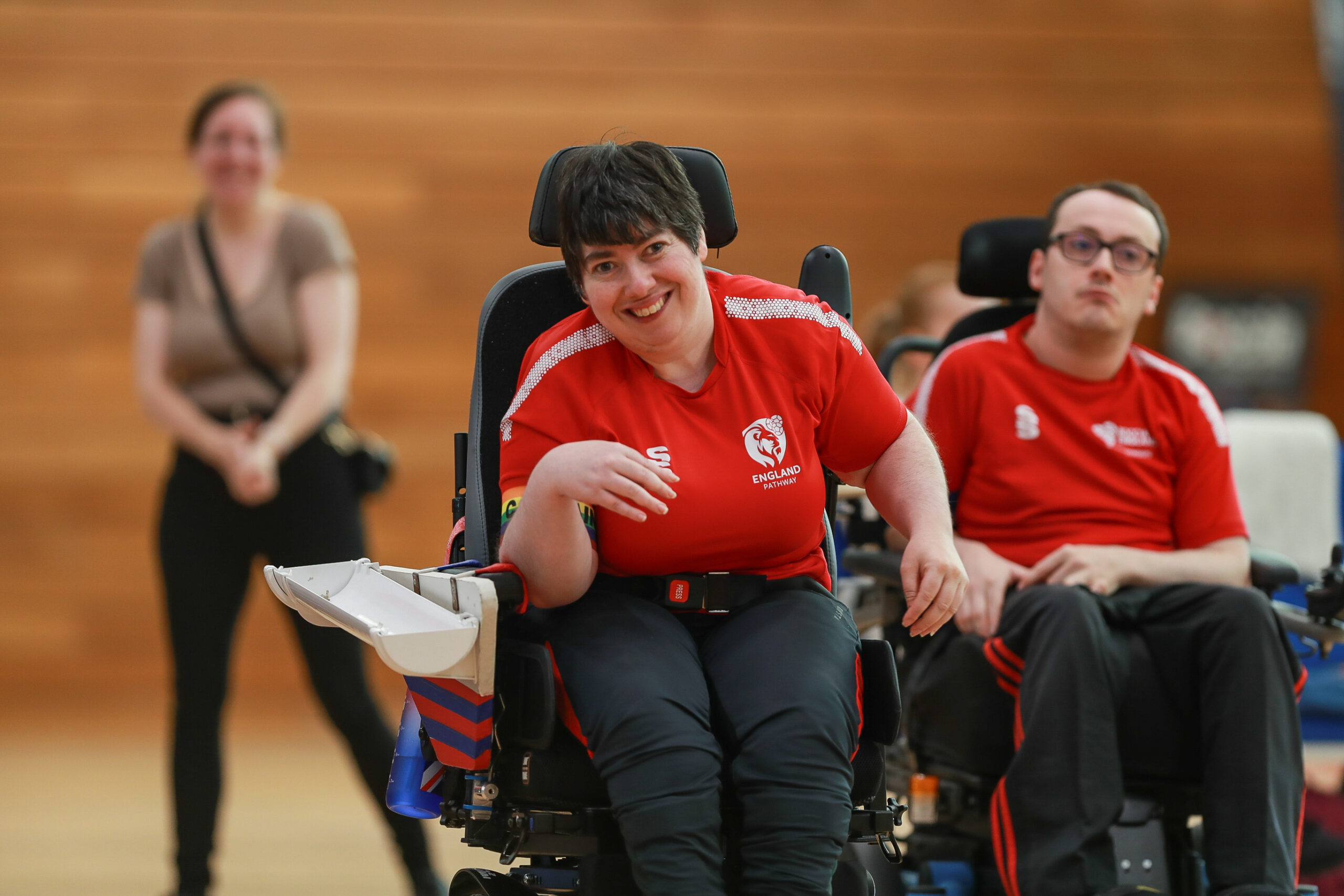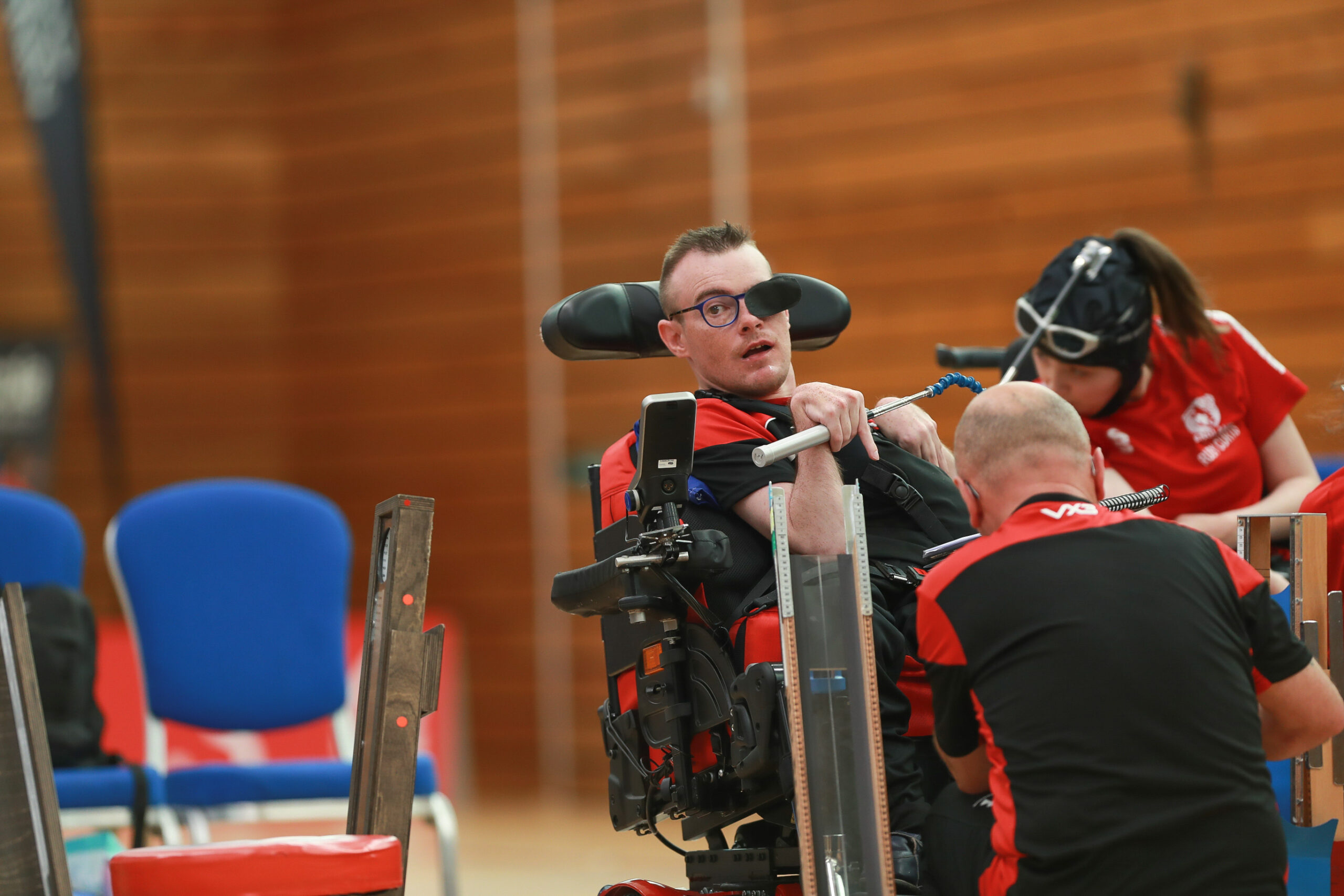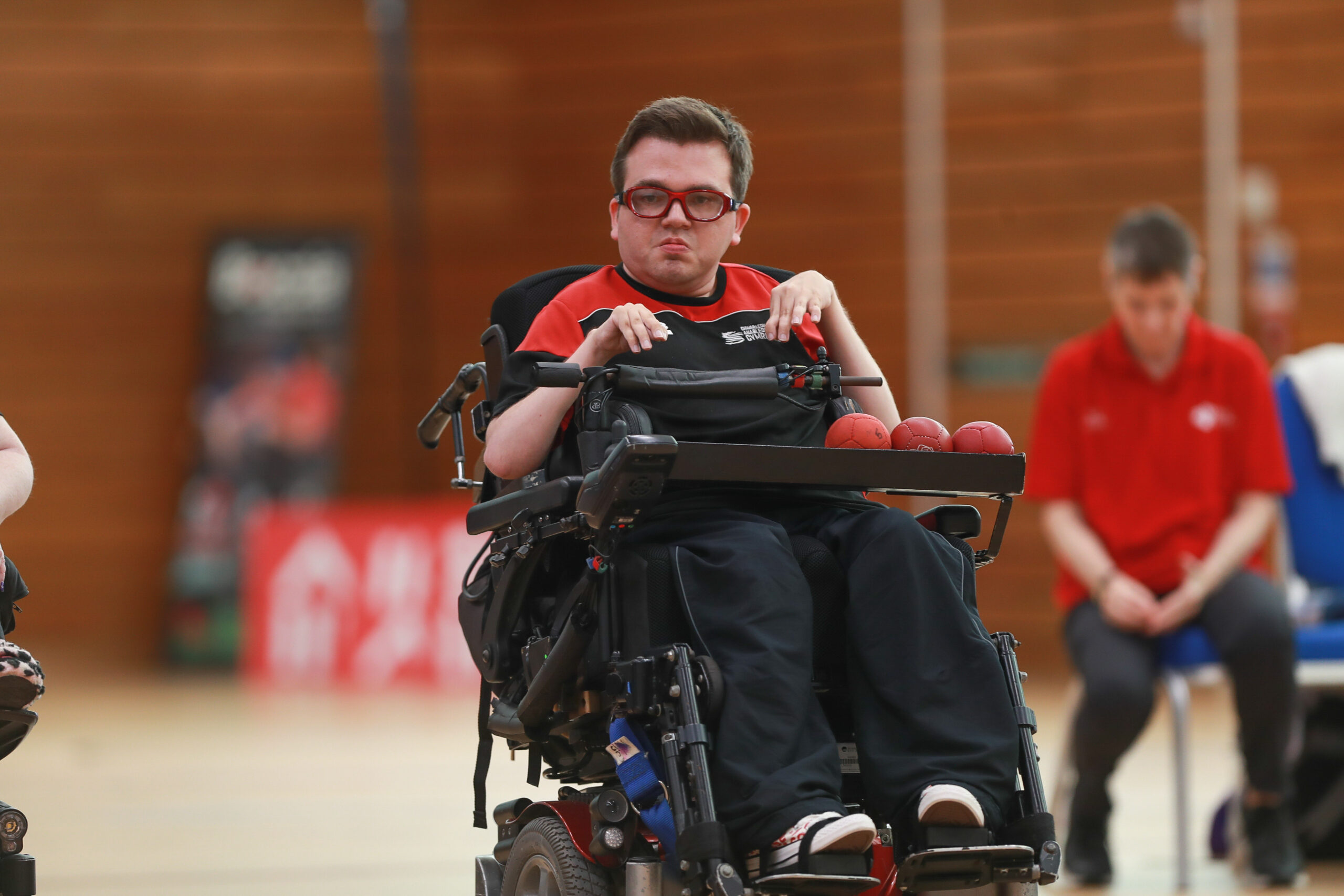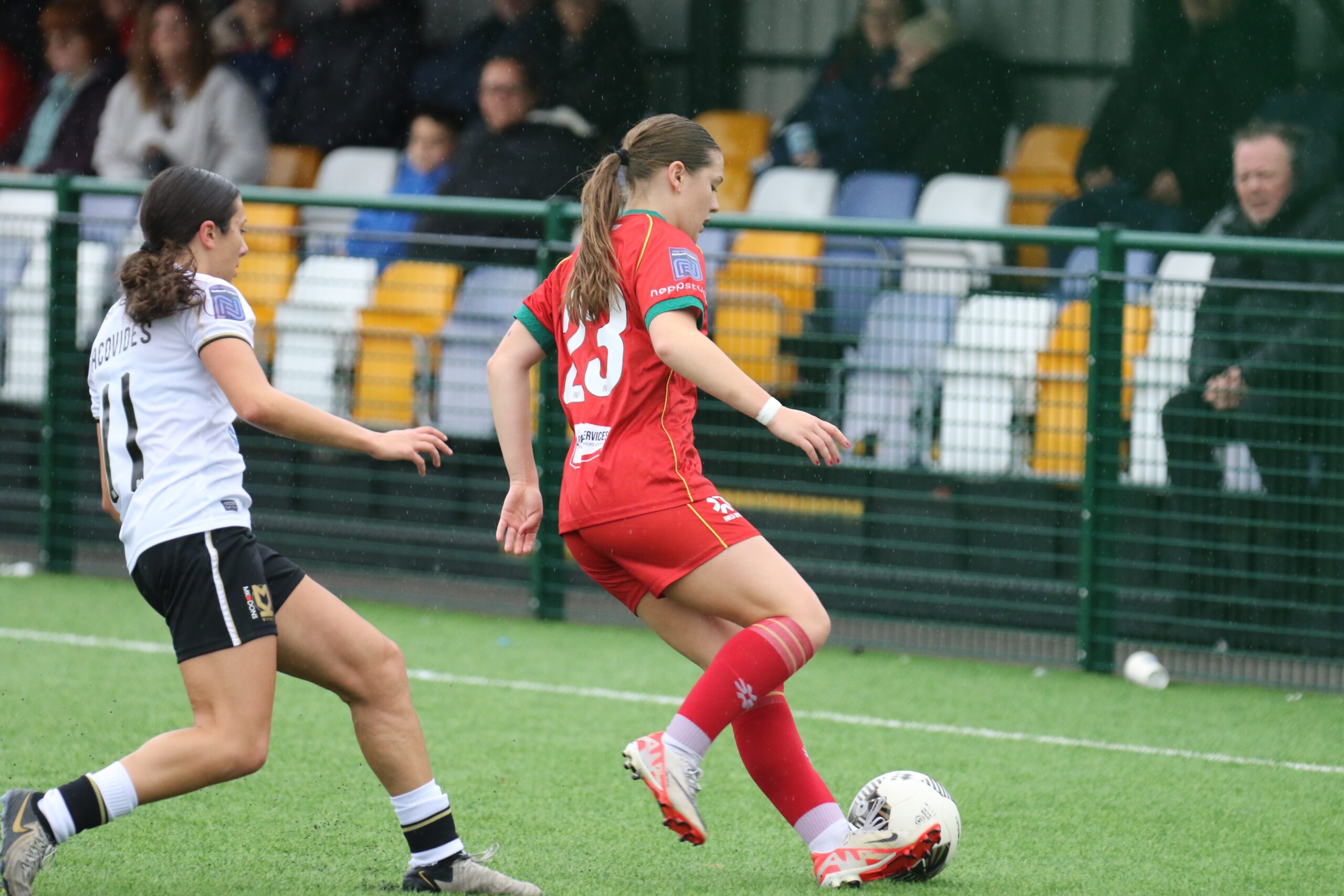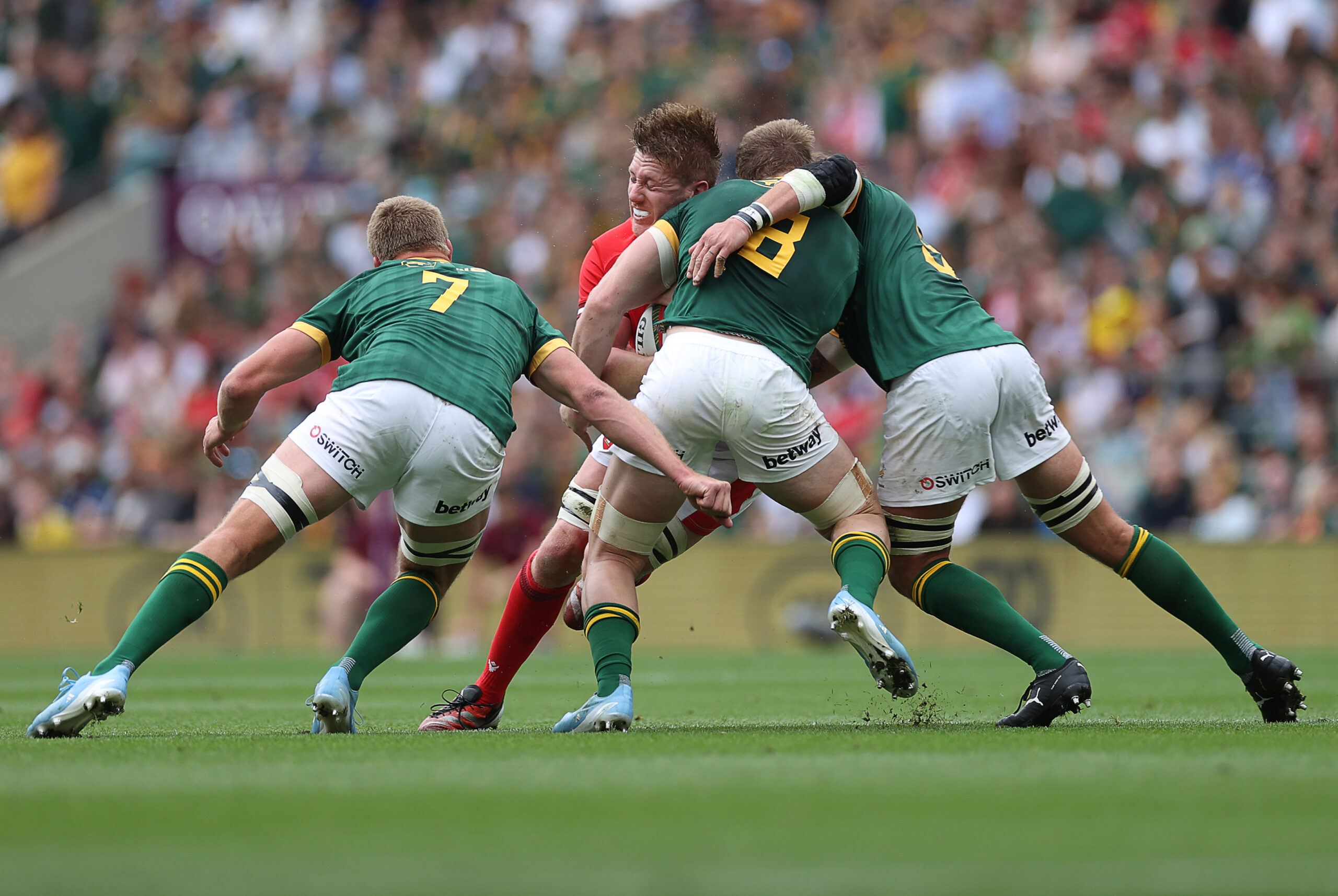Boccia: The World’s ‘Most Inclusive Sport’

Carwyn Harris
To say boccia is a tactical sport would be an understatement.
The jack placement: pivotal; having half an eye on your opponent’s strengths and weaknesses: vital.
The Paralympic sport is most similar to boules or pétanque in nature, with balls thrown with the aim of being closest to the jack, however, in many ways it is an amalgamation of so many others.
“It’s a bit like snooker where you can get snookers and have all these intricate shots to play, it’s great to play, really technical,” says Disability Sport Wales’ Boccia Coordinator, Tomas Martin.
“It’s got the physical aspect of boules and bowls but as you get more involved it has the tactical and strategic aspects of a bit of chess, snooker, curling a mix of sports really.
“It seems like you need a degree in boccia to succeed!”
Boccia Geek
Martin regards himself as a bit of a “boccia geek” having found the sport he loves some 20 years ago.
Since then, he hasn’t stopped playing and watching.
The sport itself has been involved in the Paralympics since 1984 but is continuously evolving, as so is Martin himself, as he attempts to stay ahead of the younger athletes coming through.
“Over the years I’ve developed little intricate moves,” says Martin.
“As the game has developed, I’ve had to develop my tactics, including my secret weapon!
“They’re on my heels so I have to keep developing my skills to keep up. It’s good for me and for the sport as well!”
Martin has a form of Dystonia, a neurological movement disorder which causes involuntary muscle contractions and spasms.
He is reigning Welsh champion in the BC4 classification and coaches other champions as well as stars of the future at his weekly development sessions held at Sophia Gardens.
“I coach every Thursday. Up and coming athletes trying to be involved in the sport, developing their skills as well,” says Martin.
“We had the Welsh Championships a couple of months ago which is a great stepping stone to qualify for the British Championships in Scotland.
“I’ll be going. I won the BC4 classification at the recent Welsh Championships. Luke won the BC2 and Mark won the BC3 classification as well. They’re all progressing really well.
“I like to think I’m still the best though!”
The last line is tongue in cheek. All three compete in different classifications reflecting their differing disabilities.
Ramping Up
Mark is Mark Roderick who competes with his ramp operator Rhianna Davies.
While Martin and BC2 champion Luke Walsh physically throw their balls, Roderick pushes the ball down a ramp which is operated by Davies.
Roderick and others who use ramps have to interact with their operators, assessing the distance required before instructing them on whether to increase or decrease the length of the ramp along with the angle.
“Boccia is the most inclusive sport out there. I don’t think there would be any argument in saying that,” says Martin.
“Anybody can play it. We’ve got some players here who use an assisted device with ramp operators guiding the ramp wherever the athlete tells them to.
“It has to be well communicated between the ramp operator and player and it can get really technical.
“It’s fascinating to watch and it’s really great to be involved.”
All ramp operators can only look at the athlete meaning communication is vital with athletes relying on grids or calculations to work out how high the ramp needs to be.
Balls and Max Boyce
The distance to the jack isn’t the only thing which dictates the length of the ramp or type of shot required. The balls themselves are a key factor as Martin explains.
“All the balls are the same weight and same size, but some are softer than others,” says Martin.
“For the rampers, they’ll have slightly different balls to the throwers. You can get a super hard and a hard ball and the rampers will use those to knock balls out of the way.
“The softer balls are for your approach shots to get really close to the jack so that it’s harder to knock them out of the way.”
Those softer shots land like linen, to use a Max Boyce line, and boccia players are skilled at landing their balls on or next to the jack, making them as difficult as possible to remove.
While Martin was hooked on the sport early doors, others such as BC2 Welsh champion Walsh took a little longer to get into the sport.
Early Impressions
Walsh and Martin both went to the same school, however, Walsh initially thought boccia wasn’t for him.
Having tried other sports, Walsh returned to boccia 18 months ago and is now loving it.
“I’ve really enjoyed the experience for the past 18 months or so,” says Walsh.
“I stopped playing for about 10 years as I didn’t have the support to get me into the competitions and the routine back then.
“I thought it was too slow and not for me, took a break and now I’ve come back a year-and-a-half ago and come on leaps and bounds.
“Thanks to Tom, he got me back into the sport. If it wasn’t for him, I wouldn’t be where I am right now.”
His rise up the rankings has been a rapid one, winning the Welsh Championships this summer.
“When I won the Welsh Championships, I went home and cried my eyes out,” says Walsh.
“It got me really emotional. I’m really proud of myself having started not that long ago and now I’m going to the UK Championships.
“I’ve never been to Scotland before either!
“I’m going to try and win but I’m also going for the experience of the UK Championships and Scotland too.”
David Smith: Icon of the Sport
Before those championships, are the Paralympics in Paris where Swansea University alumni David Smith will be competing.
Smith has won three paralympic gold medals including individually in Rio and Tokyo, having won five medals in total.
He remains one of the favourites for gold in Paris and is an inspiration for Walsh and Martin along with others. His colourful hair styles and flamboyant celebrations are sure to catch the eye.
“God knows what colour hair David Smith will have at the Paralympics, it may be pink for all we know,” jokes Martin.
“All I know is he’s going to put on a good performance as he always does and he’s a great figurehead for our sport.
“He’s a bit of a character and great for getting that message out there that boccia is great and people should get involved in it.”
Gatling Gun Approach
If Smith is to succeed, it will surely come down to that crucial element for all sports stars: composure.
Smith competes in the BC1 category, where each player is limited to five minutes per end to throw all six balls, athletes often take all the time allowed to assess the situation.
Martin says he used to have a “Gatling gun” approach, throwing in rapid succession, something Walsh admits has been something he has had to stop himself doing too.
“The most important thing is to compose yourself,” says Walsh.
“Before, I used to bombard, but you need to get in a good mental space to go for it.
“My favourite thing about boccia is winning! Losing is alright because you learn from it but it’s the camaraderie of the team, the other players, that atmosphere is good, the whole sport is amazing.
“Whoever wants to look for opportunities in the sport, go for it. It’s the best thing I’ve ever done!”
Image Credits: Sophie Lewis
If you want to read more pieces from Sportin Wales, why not read to our monthly magazine here or subscribe to the magazine and newsletter at https://sportin.wales/subscribe/.
You can also keep track of our pieces on our socials at @Sportin_Wales on X, Sportin Wales on Instagram and Facebook.






